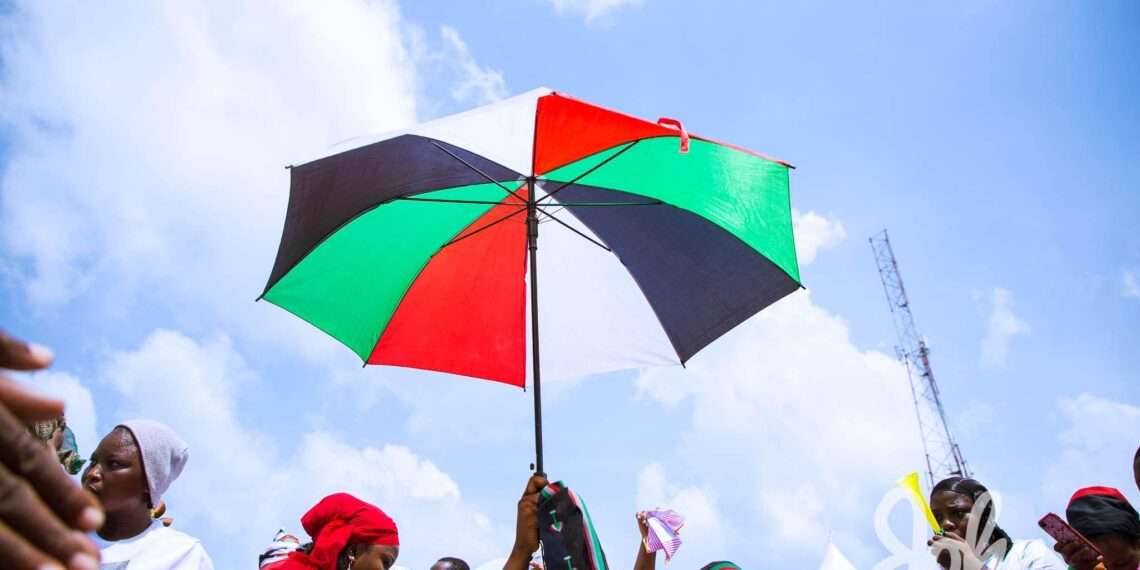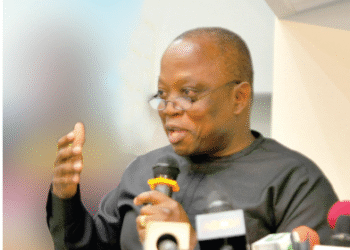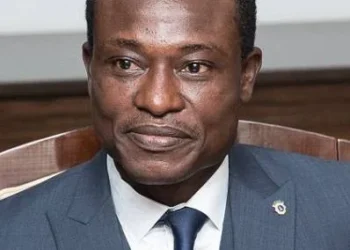The latest political analysis by Global InfoAnalytics has highlighted a noticeable shift in voter allegiance between the NDC and NPP across Ghana’s major ethnic groups and education levels.
Executive Director Mussa Dankwah shared results from a comparative poll conducted in November 2024 and June 2025, revealing significant gains for the National Democratic Congress—particularly among groups that were previously undecided or leaned toward the opposition party.
The data demonstrates a subtle decline in New Patriotic Party (NPP) support among Akans, who have historically leaned toward the opposition party.
While NPP’s share fell by just 1% between the two polls, NDC gains were far more pronounced. The ruling party saw its Akan support rise from 25% in November 2024 to 33% by June 2025.
“NDC gains among the Akan ethnic groups came from Floating voters, (+5%, NPP, +1% and Not Disclosed, +2%). Comparable data for the Ga-Adangme ethnic group shows that NPP made marginal gains, 1% in June 2025 compared to November 2024, now representing 20%.
“NDC made gains of 9% in June 2025 compared to November 2024, now attracting 61% of the ethnic group’s support. Floating voters declined by 6% and Not Disclosed by nearly 6%.”
Mussa Dankwah
This trend indicates that voters are increasingly firming up their choices, with a growing number decisively aligning themselves in favor of the NDC over time.
These numbers reflect broader movements within the political landscape as the 2028 general election draws nearer.

Among the Ewe ethnic group, the data paints a similar picture. NPP support declined by 2%, while NDC’s share increased by 4%.
Floating and undisclosed voters decreased by 1% each. Presently, 55% of Ewe respondents say they support the NDC, while NPP lags behind at 12%, and 22% remain unaffiliated.
Among Mole-Dagbani voters, the report identifies a sharper decline for the opposition party. NPP’s support dropped by 7%, while NDC gained a robust 12%.
In June 2025, 29% of voters in this ethnic group identified with the NPP, compared to 53% with the NDC. Floating voters in this group account for just 11%.
NDC Support Increases Across All Education Levels
In addition to ethnic breakdowns, the polling report provided insights based on educational attainment.
The numbers show that voter sentiment is shifting across all academic levels in favor of the NDC, with the most dramatic changes among those without formal education.
Dankwah indicated that in November 2024, 35% of voters with only a Junior High School (JHS) qualification supported the NPP. However, by June 2025, that number had declined to 27%.
Those with a Senior High School (SHS) education showed a slight drop from 35% to 34%, while NPP’s support among tertiary graduates declined from 30% to 27%.
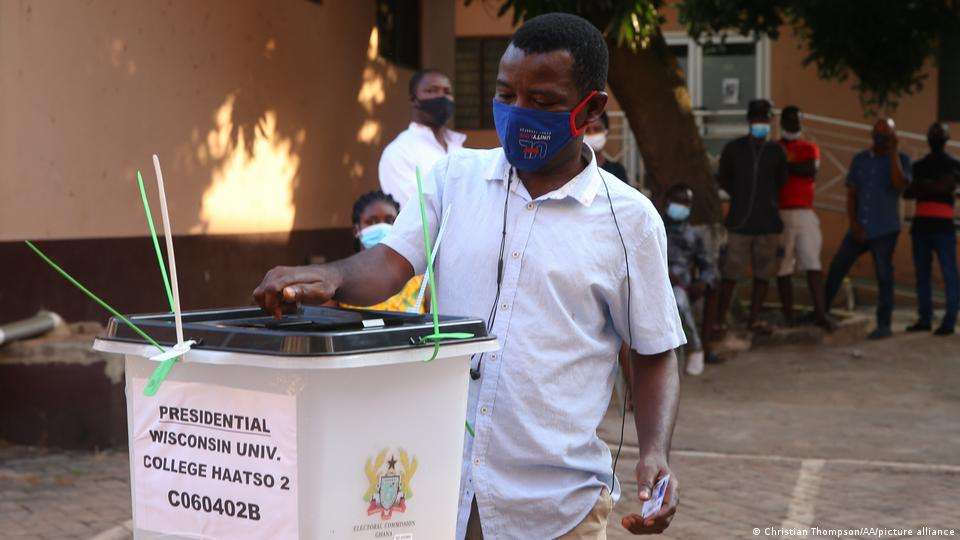
“The biggest loss was among voters without any formal qualification where the party dropped from 42% to 29%, a drop of 13% .
“JHS voters supporting NDC was 31% but now stands at 52%. For SHS qualification holders, the NDC in June 2025 is now at 40% up from 36% in November 2024. Among Tertiary, 35% to 43% and among those with no formal qualification, NDC is up 16% from 32% to 48%.”
Mussa Dankwah
Floating voter figures decreased across all education levels. For JHS holders, undecided voters dropped from 19% to 13%; SHS voters showed a decline from 19% to 17%; tertiary-level floaters decreased from 21% to 18%; and among those without formal education, the share fell from 16% to 9%.
Dankwah attributed the NDC gains to former NPP and floating voters shifting allegiance across “ all levels of qualifications.”
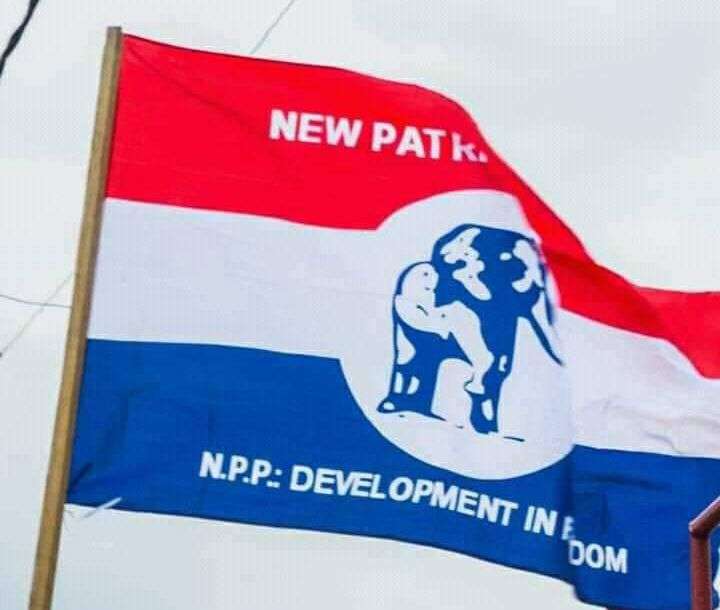
These movements appear to signal growing momentum for the ruling party as voters solidify their choices in the lead-up to the 2028 general elections.
While the NPP still retains its base in some demographics, the consistent gains made by the NDC—both ethnically and educationally—could reshape the political terrain. If these trends persist, the opposition party may face an increasingly uphill battle to recapture power.
As campaigns for presidential primaries ramp up in the coming months, all eyes will remain on how these shifting voter dynamics influence strategic decisions and political messaging in the NPP.
The data shows that voter behavior remains fluid, and parties will need to adjust rapidly to maintain or expand their coalitions.
READ ALSO: AU Targets Millions With $100B Financial Inclusion Plan

